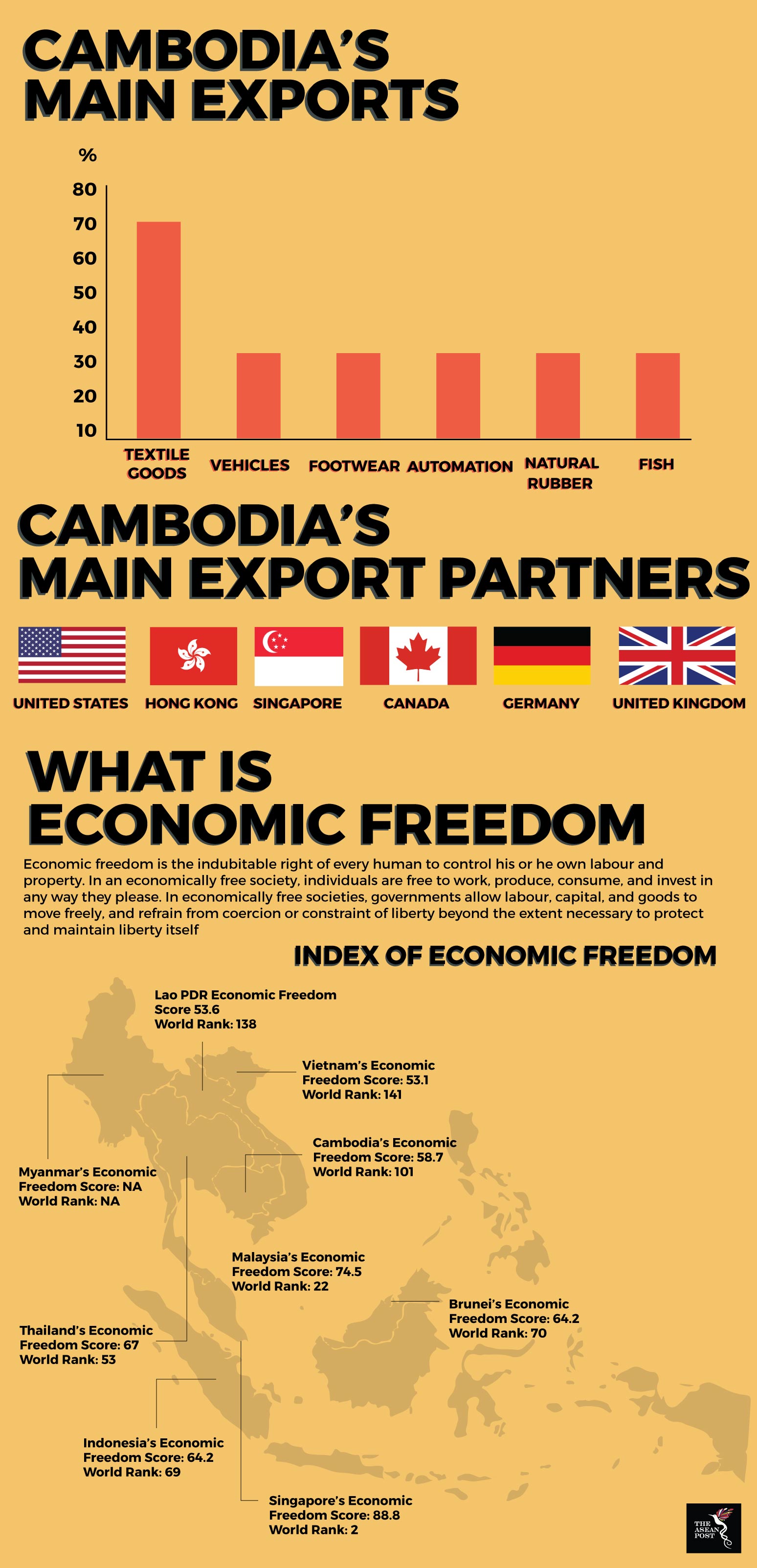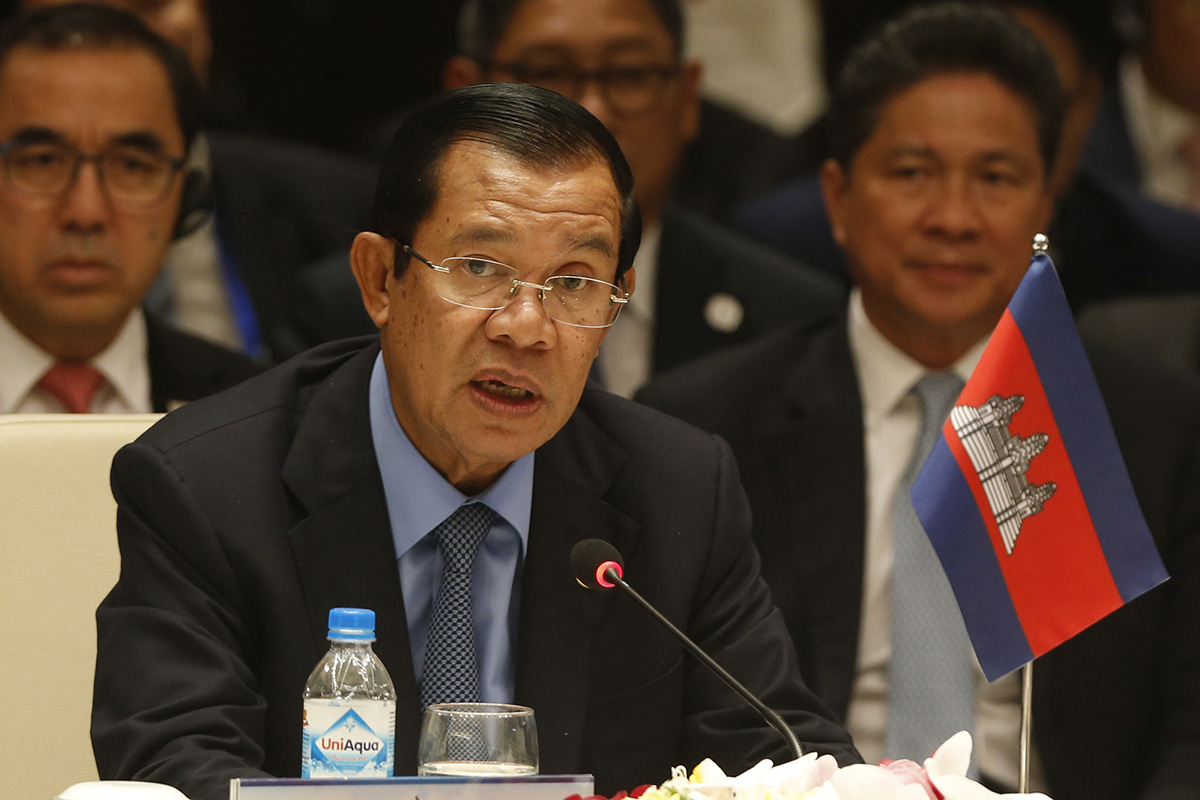The visit of the Secretary-General of ASEAN, Dato Lim Jock Hoi to Siem Reap on 4 April is indicative of the bloc’s positive impression towards Cambodia. Dato Lim was full of praise for the country and its leader, Prime Minister Samdech Hun Sen due to the big strides that has been made in terms of socio-economic development. Cambodia is one of the fastest growing member states in ASEAN with an improved quality of life. Poverty rates have been significantly reduced while access to education has improved.
More often than not, Cambodia is deemed an underdog within the region, especially when contrasted with countries such as Indonesia, Malaysia and Singapore. This underdog status is usually attached to economic and social considerations, with Cambodia lagging behind those ASEAN juggernauts. However, regulatory efficiency has gone up with a renewed hunger for development that has seen the economic gap narrow between the aforesaid nations, albeit slowly.
According to the World Bank, Cambodia’s economic growth is forecasted to remain stable at just short of seven percent in 2018. Prime Minister Hun Sen, who is currently the sixth longest reigning non-royal national leader (33 years at the helm) has not been shy in taking credit for Cambodia’s impressive progress.
“While many countries were implementing a planned economy, I turned to drive the implementation of the market economy,” he said at a recent interview in the Kampot province of Phnom Penh.
Based on the 2018 Index of Economic Freedom, Cambodia’s economic freedom score is 58.7, making its economy the 101st freest this year. Its ability to move away from a violent civil war to be classified as a lower-middle income economy should not be overlooked. Cambodia’s entrance into the ASEAN Economic Community (AEC) in 2015 has allowed for trade barriers to be lifted, proving to be a catalyst for its ability to trade unhindered. Trade is crucial to Cambodia’s economy with the combined value of imports and exports equalling 127 percent of the Gross Domestic Product (GDP). To add to that, the average applied tariff rate is 4.9 percent.

It might be surprising to many but Cambodia has funded its own development through both tax and non-tax government revenue. As for revenue attained through taxation, the government collected US$915 million during the first six months of 2017 (figures released by the Cambodian Ministry of Economy and Finance). These improvements have been driven by the government’s Resource Mobilisation Strategy (RBS), 2014-2018.
A component within the rising ASEAN trifecta that is CLV (Cambodia, Lao PDR, and Vietnam), Cambodia’s primary exports are textiles, electrical machinery, and auto parts. The garment sector continues to be one of the driving forces of growth, providing employment for Cambodians, especially those with low levels of education who are living below the poverty line. As of last year, Cambodia’s monthly minimum wage for workers in the garment industry increased to US$153 which is an obvious improvement from the numbers of 2012 which was at approximately US$75 per month.
Inguna Dobraja, country manager of the World Bank for Cambodia pointed out that “…with deeper structural reforms that address high electricity and logistics costs as well as skills gaps, Cambodia can boost investment, export diversification, and move closer to its development goals.”
This is in tandem with Cambodia’s National Strategic Development Plan (2014-2018). The promotion of small and medium enterprises (SMEs) has contributed to benefitting rural communities in processing and adding value to products as well as creating jobs, which will later on enhance the virility of the Cambodian market. As such, important links with the trade sector and other larger enterprises have been secured.
Against this backdrop, 2018 will definitely be both challenging and exciting for Hun Sen and his people. With general elections looming (to be held on 29 July), the Cambodian Prime Minister will have to dig deep to win the hearts and minds of his people, so as to lead the country for an astounding 34th year running. Although significant progress has been made in terms of bridging the socio-economic gap between other ASEAN states, Cambodia cannot afford to rest on its laurels.
